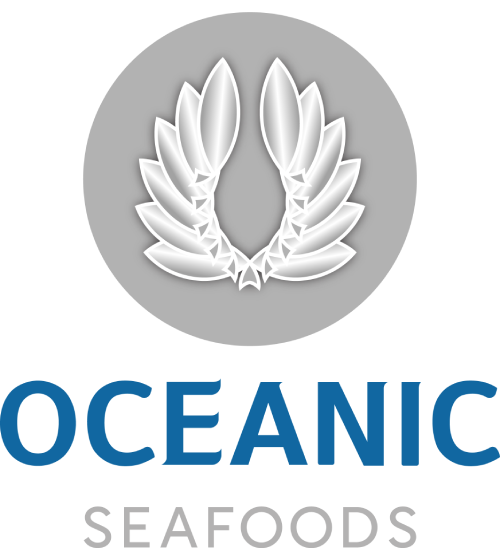Fishing for Health Benefits? Look No Further; Adding Fish to Your Diet Can Improve Your Overall Well-Being
When it comes to health and wellness, a balanced diet is one of the most critical factors in achieving your most healthy life. Though different diets work differently for everyone, getting enough nutrients, such as proteins, vitamins, and minerals is essential. Nutritional deficiencies are not uncommon and can lead to health challenges if left unaddressed, but by understanding where different nutrients can be found, you’ll be able to take your health into your own hands.
Fish and seafood provide immense amounts of protein and micronutrients, making them a powerhouse for anyone looking to achieve a balanced, nutrient-dense diet. There’s a lot of information about whether or not fish are good for you, so let’s dive in and break down everything you need to know about eating more fish.
Are All Fish the Same?
Oceans, rivers, and other waterways are homes to some of the world’s most diverse ecosystems, housing fish, algae, and other marine creatures. While many fish offer nutrient-dense benefits, they are not all the same. There are three major types of fish: white fish, oily fish, and shellfish.
White Fish
White in color, white fish such as cod, halibut, and haddock are a great source of protein. With low fat levels and high protein levels, these fish are great for anyone trying to lose weight or maintain a healthy weight range. These fish have high levels of vitamin B6 which can help reduce inflammation and lessen the symptoms of asthma, arthritis, and similar ailments. Regular consumption of white fish can also keep your cholesterol in check and provide ample amounts of vitamin B12, which is vital for a healthy nervous system.
Oily Fish
Often referred to as “fatty fish,” oily fish are rich in polyunsaturated fat and omega-3 fatty acids. Sometimes, the higher fat levels drive people away from these fish, but in reality, the nutritional benefits of consuming fatty fish are endless. Sardines, salmon, trout, mackerel, and tuna are all considered oily fish. Not only are these fish delicious, but they provide access to nutrients that can be difficult to find elsewhere in your diet.
Shellfish
Though shellfish don’t contain the same levels of omega-3 fatty acids as oily fish, they are still a great source of this vital nutrient. Another low-fat, high-protein option, shellfish also bring minerals like zinc, iodine, and copper to the table. Included in the shellfish family are mussels, oysters, prawns, squid, and shrimp.
Top Health Benefits of Seafood
Incorporating fish into your diet comes with a long list of health benefits. Since seafood is filled with micro and macronutrients, it can help ensure a balanced diet. While the health benefits of oily fish, fatty fish, and shellfish might vary, some of the biggest health benefits of eating fish regularly are:
Heart Health
Fish are widely accepted as a heart-healthy food; the omega-3 fatty acid is believed to play a major role in how your heart functions and oily fish are the best sources of that. One study of 40,000 men found that regular fish consumption was associated with a 15% reduction in the risk of cardiovascular disease. Adding fish to your diet can help lower the risk of heart attacks and strokes as well.
Brain Function
You may have heard of people taking fish oil supplements to keep their minds clear and brain function sharp, and similar benefits can be found when eating fish. There are multiple studies, such as this one, that show that eating fish can help reduce the pace of cognitive decline that occurs as you age.
Optimized Development
For kids and developing teens, eating fish is so important. The omega-3 fatty acids found in oily fish are incredibly important for brain and eye development. It is recommended that pregnant and breastfeeding moms get sufficient omega-3s into their diet to support the development of their babies.
Better Mental Health
Aside from the sun itself, fish is one of the best sources of vitamin D. Almost half the population suffers from a vitamin D deficiency which can lead to mental health challenges such as depression and anxiety. Vitamin D deficiencies are also linked to other chronic diseases such as heart disease and cancer, so getting the full amount of this vitamin in your diet can make a major change in your health.
Lower Risk of Autoimmune Diseases
Many autoimmune diseases are connected to inflammation in the body. Eating fish can reduce your risk of suffering from these diseases because of the high amounts of fatty acids and vitamin D that can be found in them. Similarly, asthma, which is caused by inflamed airways, can also be prevented in children through a diet that includes regular fish consumption.
Does Seafood Come with Risks?
As often as you may have heard about the benefits of eating fish, you’ve probably also heard that there are some risks associated with fish consumption. Some fish, such as king mackerel, marlin, and bigeye tuna, can have high levels of mercury, which is toxic if consumed in large quantities. These fish have longer lifespans, allowing them to absorb more mercury before they are consumed by humans. Canned tuna, cod, salmon, and shrimp are great low-mercury options.
Fish can also contain another set of toxins called Polychlorinated Biphenyls (PCBs), but these toxins are actually found in higher levels in other foods like meat, dairy, eggs, and even vegetables. Eating fish in moderation and with a mindful watch on the type of fish can help mitigate any risks that may be associated with a seafood-centric diet. If you aim to eat fish 1-2 times a week, you can reap the benefits without much effort or risk of negative effects.
Going Beyond Your Diet: Sustainability Perks of Seafood
Outside of the benefits that fish can offer to you health-wise, opting for fish over red meat or poultry is great for the environment, too. Agriculture is responsible for over 1/3 of all greenhouse gas emissions, and it takes an incredible amount of grain to feed cows, chickens, and other land animals that are then used for human consumption. Not to mention, these animals take up land space and reduce methane in the air.
Fish, on the other hand, especially when they are wild-caught, require no land or agricultural demands prior to harvesting. At Oceanic Seafoods, one of our biggest priorities is sustainability; we are committed to sustainable sourcing practices such as line-caught fishing, safe working conditions, and a strategic partnership with the Sustainable Seafood Coalition. To learn more about how we put sustainability at the forefront of everything we do, read this article.
Oceanic Seafoods: Fish You Can Trust
We distribute only the highest quality fish from all over the world. We source Cod, Haddock, Pollock, Salmon, Shellfish, and more, all with sustainability and your health in mind. One of the best practices when it comes to adding fish to your diet is to learn about where it’s coming from; our practices promote transparency so you can enjoy the health benefits of eating without the risks. Visit our website to learn more.
References:
- https://www.rowhill.kent.sch.uk/attachments/download.asp?file=363&type=pdf#:~:text=oily%20and%20white.-,Oily%20fish%20is%20higher%20in%20fat%20than%20white%20fish%2C%20but,as%20much%20as%20oily%20fish.
- https://www.nhs.uk/live-well/eat-well/food-types/fish-and-shellfish-nutrition/
- https://www.healthline.com/nutrition/11-health-benefits-of-fish#TOC_TITLE_HDR_9
- https://pubmed.ncbi.nlm.nih.gov/21310306/
- https://pubmed.ncbi.nlm.nih.gov/16216930/
- https://pubmed.ncbi.nlm.nih.gov/19064523/
- https://oehha.ca.gov/fish/benefits-risks
- https://www.hsph.harvard.edu/nutritionsource/fish/
- https://selecthealth.org/blog/2018/04/why-you-should-include-fish-in-your-diet-and-which-types-are-best
- https://www.breezekohtao.com/blog/10-good-reasons-to-add-fish-to-your-diet/
- https://cfishct.com/blog/12-amazing-health-benefits-of-eating-fish/
- https://www.onlymyhealth.com/8-pros-and-cons-of-consuming-fish-and-healthy-ways-to-incorporate-it-in-your-diet-1606894559
- https://www.life.ca/naturallife/0910/what_are_we_fishing_for.htm
- https://www.insider.com/is-fish-good-for-you-2018-11
- https://www.sharecare.com/health/nutrition-diet/pros-cons-eating-fish
- https://sustainablefisheries-uw.org/seafood-101/cost-of-food/#:~:text=Seafood%20has%20a%20much%20lower,freshwater%20than%20land%2Dbased%20food.&text=In%20addition%20to%20being%20one,gone%20extinct%20due%20to%20fishing.
- https://www.nature.com/articles/nature.2012.11708
- https://www.greenqueen.com.hk/food-footprint-seafood-meat-climate/
- https://theconversation.com/how-fish-can-still-be-part-of-a-more-sustainable-food-future-167944
- https://lpi.oregonstate.edu/mic/micronutrient-inadequacies/overview
- https://georgehughesfishmonger.com/health-benefits-of-white-fish/


Leave A Comment
You must be logged in to post a comment.